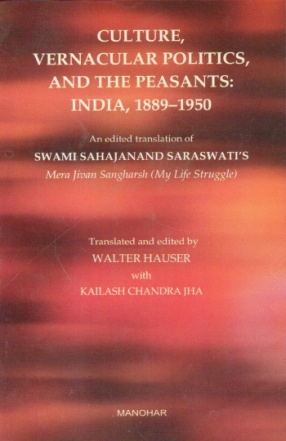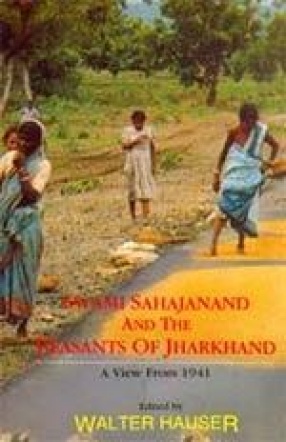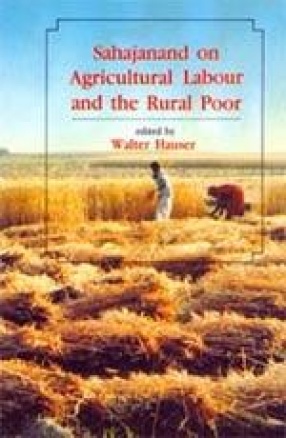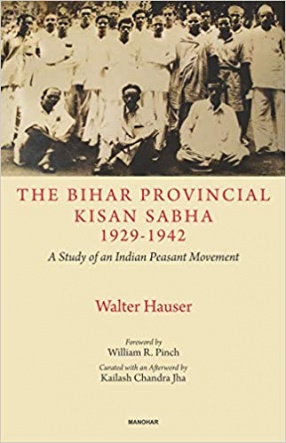Culture Vernacular Politics and the Peasants: India 1889-1950
India’s twentieth century struggle for political freedom was and remains an epic achievement in the human experience. Quite apart from its global influence, this is perhaps as familiar a story as it is remarkable given the legacy of Gandhi, among others of that small generation of founders, whose unique leadership roles are rightly considered to have been transformational in the achievement of freedom in 1947, and in the promulgation on the Constitution of January 1950. But it must then also be said that the roles of the founding leadership were balanced and in many ways defined by the people of India themselves, primarily its peasants, whether the generic masses of Gandhi’s definition and direction, or the Independent and self aware peasants of the field. It is this broader peasant story, and particularly that of the deeply engaged peasants of the Kisan Andolan, the peasant movement of the late 1920s and the 1930s, that appears here in the words of Swami Sahajanand Saraswati. It was their shared experience, or as Sahajanand put it more pointedly and more accurately, their common struggle.
In fact, Sahajanand and the peasants had lived this history, and the Swami recorded it for posterity in his 1952 Hindi memoir Mera Jivan Sangharsh (My Life Struggle), translated here for the first time by Walter Hauser and Kailash Jha. Given Sahajanand’s direct involvement in this history, his representation of the peasant story from the perspective of the peasants amounts to a paradigm shift in how the lives of the peasants of India have been understood and represented over time, either in politics or in scholarship. The intimacy, detail, and ethnographic richness of peasant activism as conveyed by Sahajanand is simply unique. This is true for many reasons, not least because the peasants understood fully what their struggles and movement meant, not only in social, cultural, and economic terms, but equally so in political conceptual, and ultimately in human terms. It was their voice, loud and clear, and hence their history.
Get it now and save 10%
BECOME A MEMBER











Bibliographic information
Kailash Chandra Jha